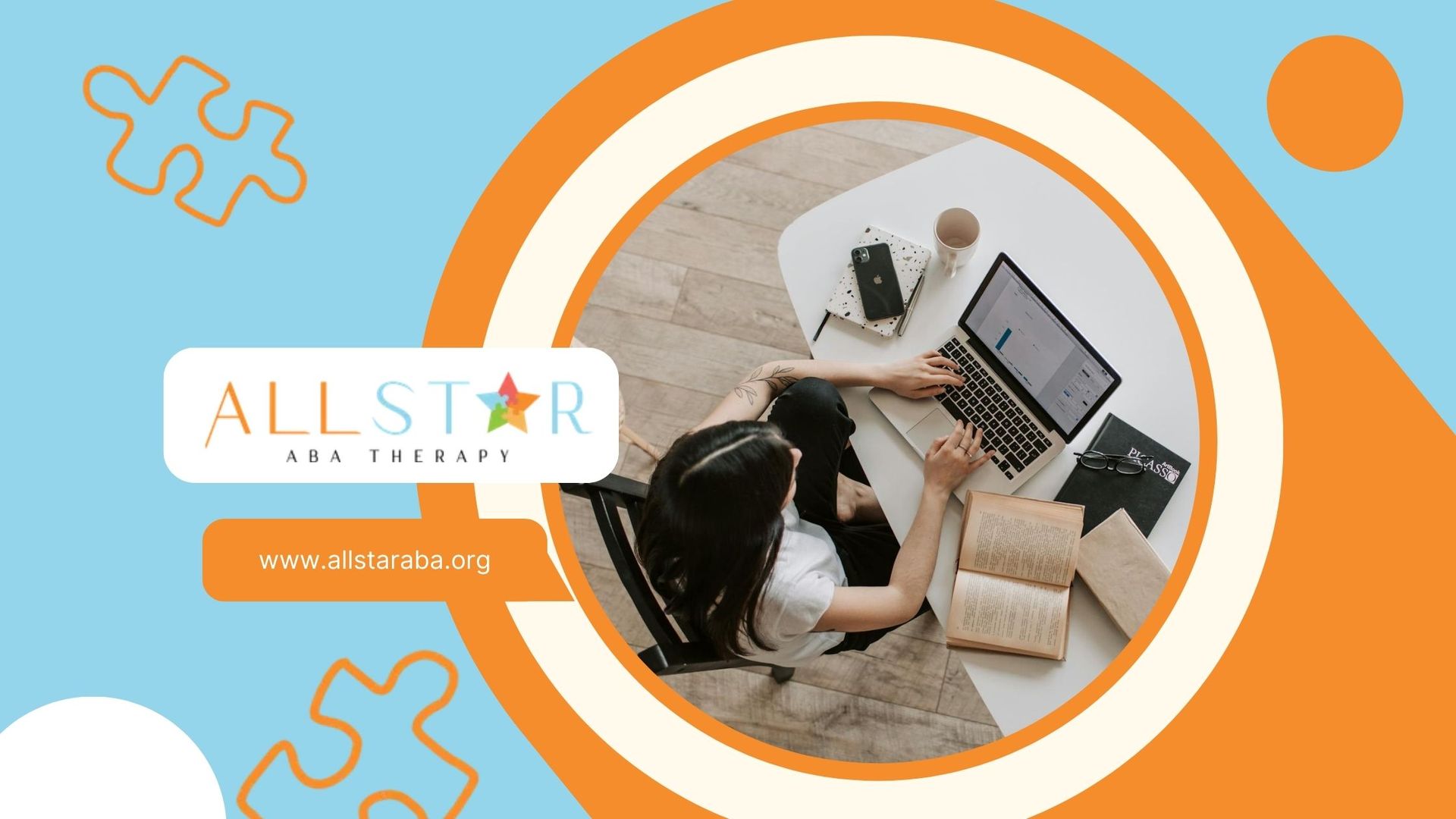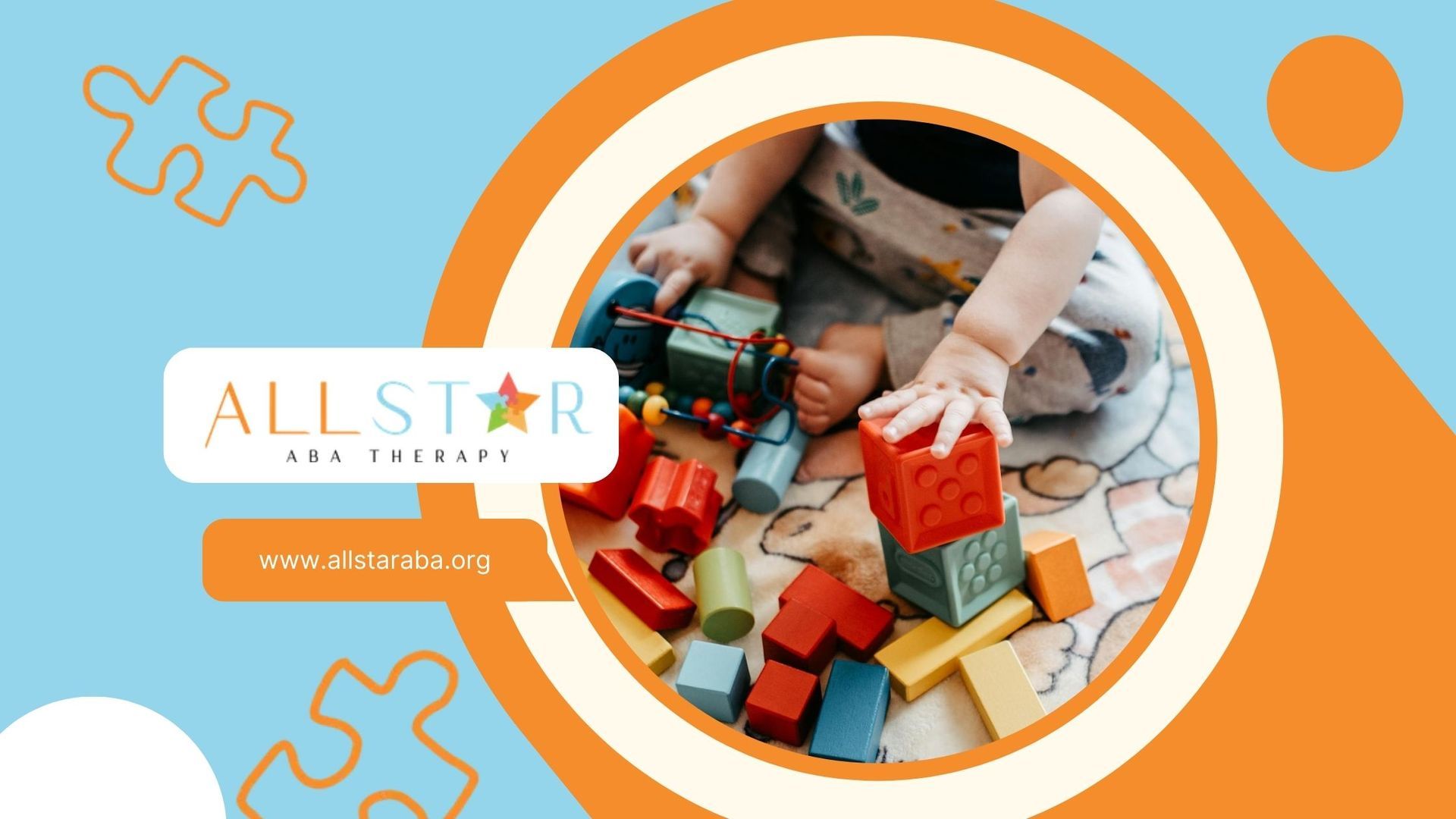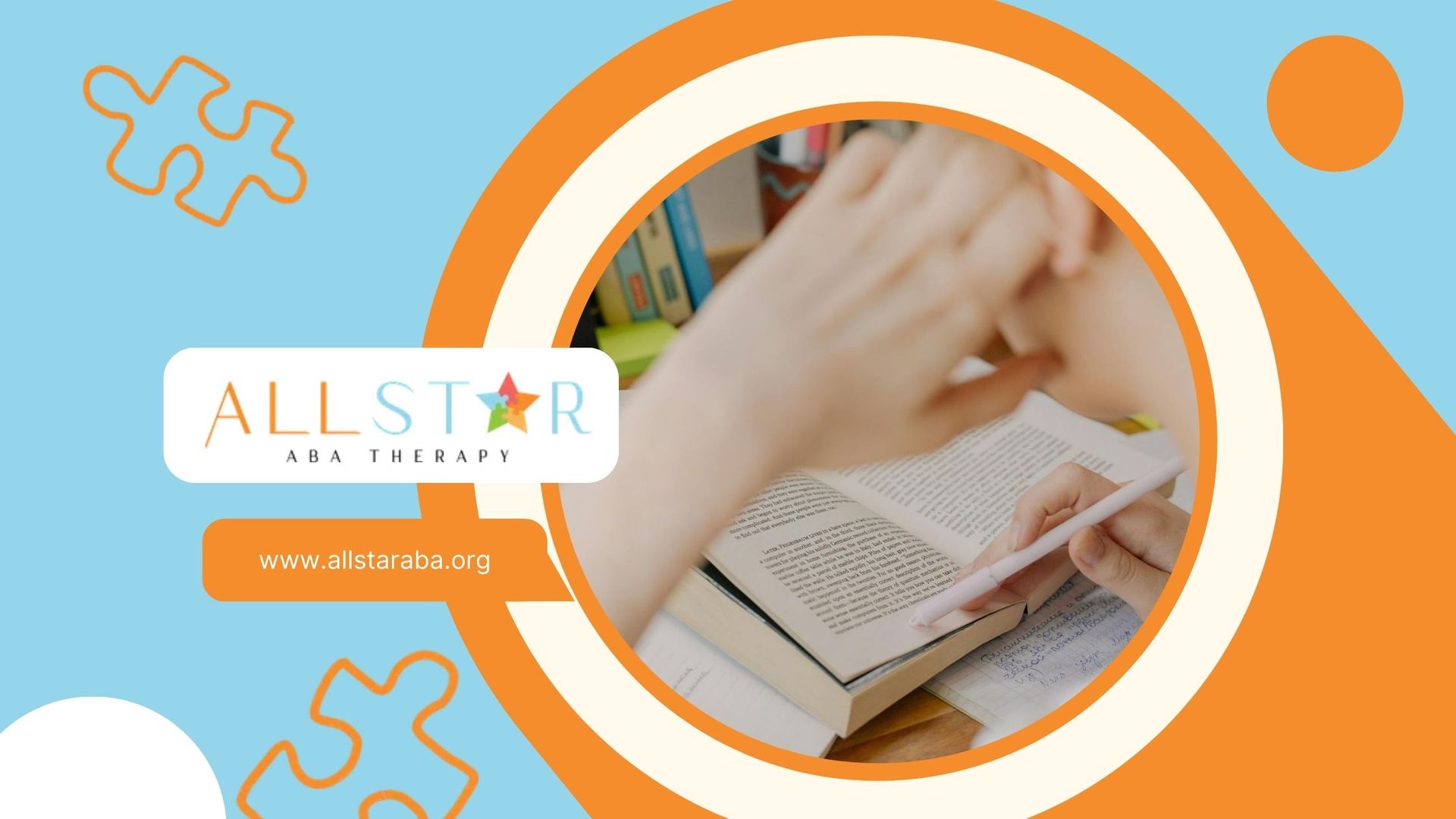New Paragraph
How Many Times Can You Fail the BCBA Exam? Expert Insights
Key Highlights
- The BCBA exam is challenging, but failing isn't the end. Numerous retakes are allowed, providing ample opportunities to succeed.
- Preparation is key! Understanding the BCBA exam format, utilizing the task list, and employing effective study strategies significantly increase your chances of passing.
- Don't underestimate the value of practice exams and study groups. They offer invaluable insights into the exam structure and content, reinforcing your knowledge.
- Remember to prioritize self-care throughout your BCBA exam preparation journey. Maintaining a balance between studying and personal well-being is crucial for success.
Introduction
Becoming a certified behavior analyst is a great job choice for people who love applied behavior analysis. The BCBA exam is run by the Behavior Analyst Certification Board (BACB). Passing this exam is an important step in your career. While the exam can be tough, doing well on it can lead to a rewarding job in behavior analysis. This blog post gives you a complete guide to the BCBA exam. You will find helpful tips, preparation strategies, and expert advice to help you succeed.
Understanding the BCBA Certification Process
The journey to become a certified behavior analyst starts with understanding the BCBA certification process. This process helps ensure that each future behavior analyst has the right knowledge, skills, and ethics to provide good behavior analysis services. The first step is usually getting a master’s degree in behavior analysis or a related field from an accredited institution.
However, becoming a BCBA is not just about school. Those who want to be behavior analysts must also complete tough fieldwork requirements. This work needs to be done under the supervision of a qualified BCBA. Gaining this hands-on experience is very important. It allows them to use what they learned in real situations and develop their skills. Only after completing both the education and fieldwork requirements can individuals apply for the BCBA exam through the BACB.
The Importance of BCBA in Autism and Behavioral Analysis
The job of a behavior analyst is very important today, especially for those who focus on autism. They know how to assess and understand the special challenges that people with autism spectrum disorder (ASD) face. With their skills in applied behavior analysis (ABA), they create plans that help improve communication, social skills, and everyday living tasks.
More and more people need qualified behavior analysts, especially those who have BCBA certification. This shows that more people are recognizing ABA as a great way to help individuals with ASD. When they earn BCBA certification, these professionals show that they are dedicated to offering quality and ethical services based on evidence for this group.
Eligibility Criteria for the BCBA Exam
Meeting the requirements for the BCBA exam is important if you want to be a certified behavior analyst. These requirements make sure that all candidates have strong knowledge of behavior analysis principles. They also prepare you for the tough standards of the exam.
One key requirement is having a master's degree from an accredited institution. This degree should be in behavior analysis, psychology, or a similar field. This education gives candidates a solid grasp of behavior analysis theory, research methods, and ethical standards. The BACB also requires certain graduate-level courses in behavior analysis. These courses must cover key topics like experimental design, behavior assessment, and ethical behavior.
Lastly, to become a BCBA, you need to show practical experience. This means completing a set number of supervised fieldwork hours. These hours must be done under the guidance of a qualified BCBA. This hands-on work helps you connect what you learned with real-life practice, allowing you to build and improve your skills.
A Beginner's Guide to Preparing for the BCBA Exam
Preparing well for the BCBA exam is very important for success. It is not only about memorizing information. You need to deeply understand applied behavior analysis and how to use these ideas in real life. To get ready, you should have a good plan, set aside enough time, and be dedicated to learning.
This beginner's guide will give you useful strategies, helpful resources, and important insights. It will help you create a study strategy that works for your learning style. This way, you can reach your goal of passing the BCBA exam.
What You Need to Get Started
Before starting your BCBA exam preparation, collect the tools and resources you need to help you learn. One important resource is the BACB task list. This document covers all the topics in the exam. Knowing this task list will give you a clear idea of what you need to study.
Next, make sure you have materials that match the BACB's content. This includes textbooks, study guides, and practice exams. Just using summarized materials or unchecked sources may leave gaps in your understanding. It is important to pick study materials from trusted organizations or publishers.
Lastly, remember that preparing for the BCBA exam does not have to be done alone. Joining study groups or online forums with other future behavior analysts lets you share knowledge, ask questions, and support each other.
Step 1: Familiarize Yourself with the Exam Format
Once you have the right materials, take some time to learn about the structure and format of the BCBA exam. Knowing this will lower your stress and help you tackle the exam better. The BCBA exam mostly has multiple-choice questions. These questions check your understanding of behavior analysis concepts and how to use them.
Keep in mind that the exam happens at Pearson VUE testing centers. Visit their website to get to know the testing area, procedures, and rules. Knowing what to expect on exam day, like the check-in process and break rules, will let you focus on showing what you know during the test.
Lastly, check the test content outline from the BACB. This outline shows how the questions are spread out over different topics. Understanding this will help you plan your studies so you spend enough time on the important subjects for the exam.
Step 2: Gather Study Materials and Resources
Having good study materials is very important for preparing for the BCBA exam. Begin with trusted textbooks on applied behavior analysis. These books should cover the main ideas, methods, and ethics of this field. It's helpful to use study guides made for the BCBA exam. These guides provide short reviews and practice questions that match the task list.
Joining respected groups, like the Association of Professional Behavior Analysts (APBA), can help you access useful resources. This includes practice exams, webinars, and study tips. Practice exams are especially helpful. They can show you what you understand and what weak areas you need to work on. These exams also help you get used to the style and timing of the test. You might also want to look at online forums for BCBA exam preparation. In these spaces, you can connect with other people studying for the exam, share helpful information, and ask questions about difficult topics.
Step 3: Join Study Groups and Find a Mentor
While it's important to prepare on your own, working with others and getting help from experts can really improve your BCBA exam preparation. Joining a study group has many benefits. It creates a supportive environment where you can share knowledge, talk about difficult topics, and help each other stay focused on your study goals.
Moreover, having a mentor who has already become a BCBA can be very helpful. A mentor can give you personal advice, share study tips, give feedback on how you're doing, and support you, especially when things get tough.
Don’t forget that asking for support isn’t a sign of weakness. It shows that you are serious about learning and want to grow in your profession.
Step 4: Create a Study Schedule and Stick to It
Having a good study plan is very important. It helps you stay organized, use your time well, and cover everything you need before the BCBA exam. When you make your schedule, think about your other commitments. Also, be realistic about how much time you can spend studying each day or week.
Break your task list into smaller pieces to make it easier to handle. Set aside specific times for each study session. Try not to wait until the last minute because studying over a longer time can help you remember better. Also, remember to take regular breaks. This will help you avoid feeling tired and keep your focus.
Lastly, think of your study plan as a helpful guide, not a strict rule. Life can get in the way, and sometimes you need to make changes. The important thing is to adapt and stay committed to your goal of passing the BCBA exam.
Strategies for Passing the BCBA Exam on Your First Try
While the BCBA exam is tough, you can pass it on the first try by using the right strategies and having a good mindset. One key point is to move past just memorizing information. Focus on understanding the main ideas of ABA. When you truly understand these ideas, you can apply them to different questions in the exam. This is better than only trying to memorize facts.
Good time management during the exam is important too. Make a plan for how to pace yourself, and stick with it. Use your time wisely so you can answer all questions within the time given. Don't spend too long on one question. If you do, you might rush through the others and miss easy points.
Finally, go into the exam with a positive outlook and trust in your preparation. Remember, you can be confident if you know you have worked hard and learned the skills needed to do well.
Understanding Core ABA Principles
Mastering the basics of applied behavior analysis (ABA) is key to passing the BCBA exam and being a great behavior analyst. These basics are very important in the field. They help in creating, using, and measuring behavior change methods. Some main principles include reinforcement, punishment, extinction, stimulus control, and motivation.
Knowing these principles is more than just memorizing the meanings. It means understanding how they work together and affect behavior. It also involves learning how to use these principles to analyze and change behaviors in a good way. Many exam questions provide real-life situations. They ask you to spot the principles involved, guess their effects, and choose the best intervention methods based on ABA principles.
So, it is very important to spend enough time studying these principles and how to use them in real situations. Doing this will help you succeed on the BCBA exam.
Effective Study Techniques and Time Management
Preparing for the BCBA exam requires good study techniques and time management. It's important to try different study methods to find out what fits you best. Some helpful methods are active recall, spaced repetition, and making flashcards. Active recall means you try to remember information without looking at your notes. Spaced repetition is about reviewing material at longer intervals to help you remember it better.
Managing your study time is also very important. Break your study sessions into smaller parts and take regular breaks to avoid feeling tired. Create a realistic study schedule that matches your daily routine and other activities. This will help you stay focused and on track while preparing for the BCBA exam.
Handling BCBA Exam Failure: What's Next?
Failing the BCBA exam can feel discouraging. However, it’s important to know that it does not determine your skills or dedication to being a behavior analyst. Many successful BCBAs have faced setbacks while trying to get their certification. You can see this as a chance to grow. It allows you to improve how you study and deepen your knowledge of behavior analysis.
This section will look at ways to handle the feelings that come with failing the exam. We will also discuss how to review your performance and make a plan for your next attempt.
Analyzing Your Exam Performance
After you get your BCBA exam results, take some time to look at how you did. Understanding what you're good at and where you need to improve will help you study better in the future. The BACB usually gives feedback about your performance. They will show where you did well and where you need to focus more.
Look closely at your exam results. Check the sections where your scores were low. Find patterns in the questions you missed. Did you have trouble with certain ABA principles, experimental designs, or ethical scenarios? Once you see your weak areas, change your study plan to spend more time on those topics.
Feel free to use resources like the BACB task list, textbooks, practice exams, or ask for help from mentors or study groups to clear up any confusion.
Developing a Plan for Retaking the Exam
Look at how you did on your last BCBA exam. Now, it’s time to make a clear plan for your next attempt. Think about your first study plan. Were there areas where you could have done better? Did you take enough time to study certain topics? Did you use all available resources well?
Change your study schedule based on what you learned. Spend more time on your weak areas. Go back and review topics that were hard for you before. You might also want to try new study methods or find resources that suit your way of learning.
Keep in mind that the BCBA exam lets you take it multiple times. Each attempt is a chance to learn and improve. You’ll gain a better understanding of applied behavior analysis. Don’t hesitate to ask for help from mentors, classmates, or online forums.
Conclusion
In conclusion, failing the BCBA exam can feel tough, but it's not the end. First, look closely at how you did. Find areas to improve and make a solid plan for your next attempt. With hard work and a good study schedule, passing the BCBA exam is possible. Remember, each setback can help you learn and grow. Stay focused, get support from study groups or mentors, and don't let temporary issues get you down. Success is possible when you have the right mindset and prepare well. Good luck on your path to becoming a certified BCBA professional!
Frequently Asked Questions
How many times can you fail the BCBA exam?
The good news is you can try the BCBA exam many times. The BACB lets you take the exam up to eight times in a two-year span. This helpful rule gives you many chances to get the passing score needed to become a board certified behavior analyst.
Is there a waiting period between exam attempts?
Yes, you have to wait some time between each BCBA exam try. You will need to wait at least 30 days before you can make your next attempt. This waiting time is important. It gives you enough time to look over how you did before, change your study strategy, and work on the areas where you need more prep. After this waiting period is over, you can plan your next exam through Pearson VUE.
Need Support?
We're Here to Help!
Our experienced team is ready to assist you. Reach out today to discuss how we can support your child's development and well-being.
Get started with expert ABA therapy today.
Related posts

All Star ABA delivers the gold standard of care, Applied Behavioral Analysis (ABA) therapy, for individuals diagnosed with ASD, from infancy to age 21.
Quick Links
All Rights Reserved | All Star ABA







